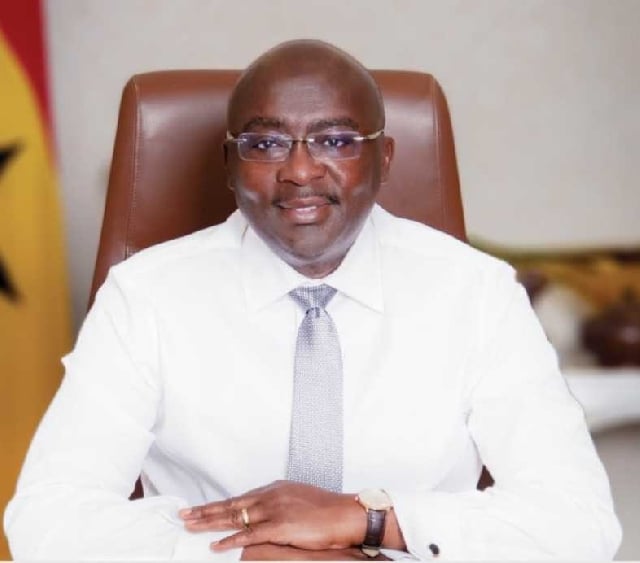The New Patriotic Party (NPP) in Ghana, through its communication member Awal Mohammed, has publicly acknowledged its arrogance during its eight-year tenure under President Nana Addo Dankwa Akufo-Addo, attributing this arrogance as a significant factor in their electoral defeat in the 2024 elections. This admission, echoing sentiments expressed by party members and supporters, signals a critical self-assessment within the NPP and a recognition of the need for change in their approach to governance and public engagement. The party’s flagbearer for the next election cycle, Mahamudu Bawumia, has also acknowledged the issue, promising a different approach should the NPP return to power. This admission of arrogance represents a significant turning point for the NPP, potentially paving the way for internal reforms and a shift in their political strategy.
The NPP’s arrogance, as described by its own members, manifested in various ways, including a perceived disconnect between the party leadership and the concerns of ordinary citizens. This disconnect fostered a sense of resentment among the electorate, who felt ignored and marginalized by the very government they had elected. The party’s perceived insensitivity to public sentiment, coupled with an apparent lack of responsiveness to criticism, further fueled this resentment, ultimately contributing to their electoral downfall. The acknowledgement of this arrogance represents a crucial first step towards rebuilding trust with the Ghanaian populace and regaining their support.
Dr. Bawumia’s acknowledgement of the party’s past arrogance and his promise to change represent a strategic move to distance himself and the NPP from the perceived failures of the previous administration. By openly addressing the issue, he is attempting to resonate with the electorate’s frustrations and present himself as a leader who is attentive to their concerns. This promise of change, however, must be accompanied by concrete actions and demonstrable shifts in the party’s behavior to be truly effective in regaining public trust. Dr. Bawumia’s success in leading the NPP back to power will hinge on his ability to convince the electorate that the party has genuinely learned from its past mistakes and is committed to a more humble and responsive style of governance.
The NPP’s introspection and acknowledgement of its past arrogance present an opportunity for genuine reform within the party. This period of self-reflection should be used to identify the root causes of the arrogance and implement measures to prevent its recurrence. This might involve fostering a more inclusive and participatory decision-making process within the party, actively seeking feedback from various segments of society, and prioritizing the needs and concerns of ordinary citizens. A genuine commitment to reform is essential not only for regaining electoral success but also for fostering a healthy and vibrant democracy in Ghana.
The admission of arrogance by the NPP serves as a valuable lesson for political parties across the globe. It underscores the importance of humility and responsiveness in political leadership and the dangers of becoming detached from the concerns of the people. The electorate holds considerable power, and they are not hesitant to exercise that power to remove leaders who they perceive as arrogant or unresponsive. Maintaining a close connection with the electorate, actively listening to their concerns, and responding effectively to their needs are crucial for any political party seeking to maintain public trust and ensure its long-term viability.
The NPP’s acknowledgement of its arrogance and its commitment to change represent a pivotal moment in Ghanaian politics. The sincerity of this commitment will be tested in the coming years, as the party navigates the challenges of rebuilding its image and regaining public trust. The success of this endeavor will depend on the NPP’s ability to translate its words into concrete actions, demonstrating a genuine commitment to humility, responsiveness, and a more citizen-centric approach to governance. The Ghanaian electorate will be watching closely to see if the NPP’s admission of arrogance marks a genuine turning point or simply a temporary tactical maneuver. The future of the party, and indeed the political landscape of Ghana, hinges on the answer.


